Scelte strategiche Gruppo VAG
-
Contenuti simili
-
Lamborghini "Bravo Marcello" 1 2 3 4
Pubblicato da Tony ramirez,
- lamborghini bravo marcello
- lamborghini
- (e 1 altro in più)
- 36 risposte
- 2279 visite
-
- 21 risposte
- 4284 visite
-
Bentley "Luxury Urban SUV" EV 2026 (Notizie) 1 2
Pubblicato da j,
- bentley urban suv
- bentley suv spy
- (e 3 altri in più)
- 16 risposte
- 1574 visite
-
-
-

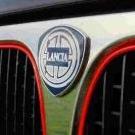
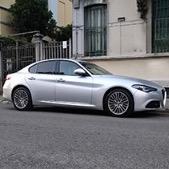
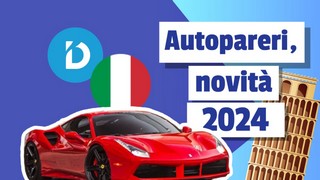





.thumb.jpg.902d2a4f20a129e92b6f6920407b81bd.jpg)
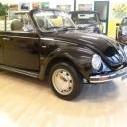




.thumb.jpg.46228d717c405acd43b45b79fddce6a4.jpg)
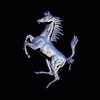
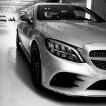


Messaggi Raccomandati:
Crea un account o accedi per lasciare un commento
Devi essere iscritto per commentare e visualizzare le sezioni protette!
Crea un account
Iscriviti nella nostra community. È facile!
Registra un nuovo accountAccedi
Sei già registrato? Accedi qui.
Accedi Ora